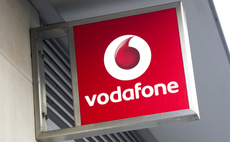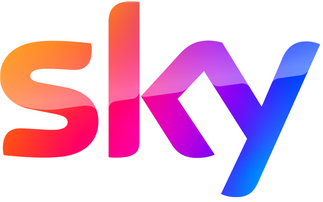O2 deal will make Three the biggest mobile operator in the UK
Hutchison Whampoa, the owner of mobile operator Three in the UK and other parts of Europe, has agreed a £10.25bn deal to acquire rival O2 from Spanish national telecoms operator Telefónica. The ...
To continue reading this article...
Join Computing
- Unlimited access to real-time news, analysis and opinion from the technology industry
- Receive important and breaking news in our daily newsletter
- Be the first to hear about our events and awards programmes
- Join live member only interviews with IT leaders at the ‘IT Lounge’; your chance to ask your burning tech questions and have them answered
- Access to the Computing Delta hub providing market intelligence and research
- Receive our members-only newsletter with exclusive opinion pieces from senior IT Leaders





















